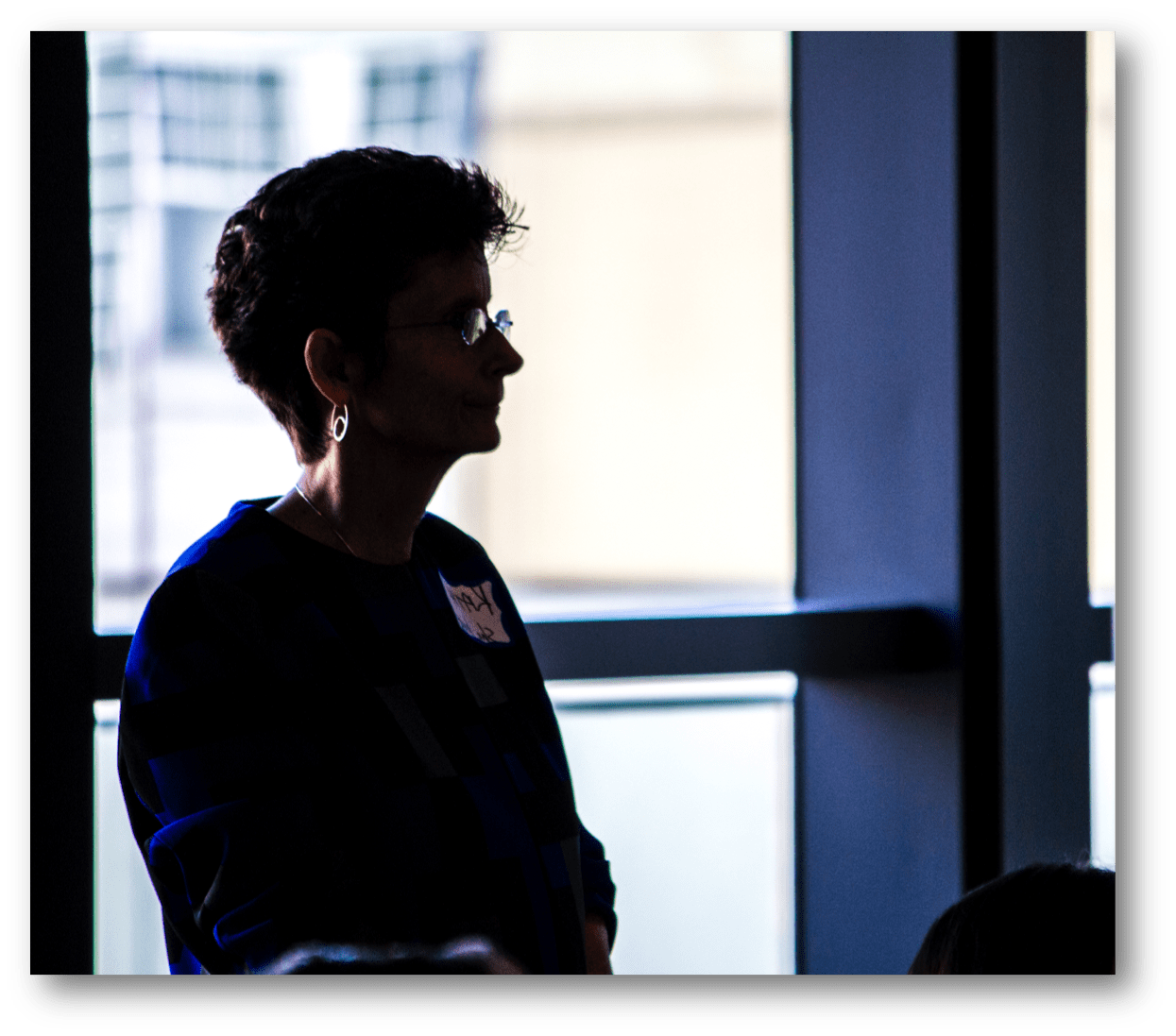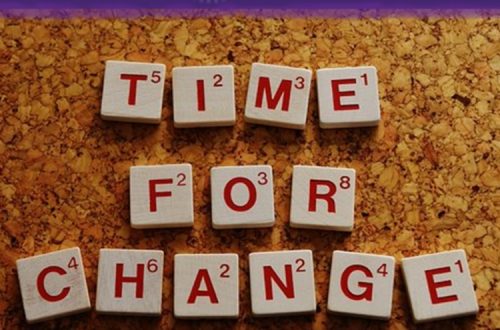Speaking Out About Mental Health – No More Shame
Up until now, mental health was a topic most everyone agreed NOT to talk about due to pervasive societal stigma and debilitating bias.
But with the huge impact of the internet, social media and its 24/7 influence on our lives, and the persistent work of social change agents, the topic is finally being discussed more openly and honestly.
People are talking about their mental health, admitting to anxiety, depression, panic disorders and a wide range of other struggles as well as the social and organizational barriers to equity and social justice for issues of mental health.
Can you relate?
I talk so much now about the importance of self-care & community care. Recently, I joined in on a lively conversation on the Dr. Pat Show about this critical topic – listen to the recording right here.
It’s vital to maintaining our collective physical, emotional, spiritual and mental well-being. You can’t overlook caring for yourself – and that includes mental health, too.
“What mental health needs is more sunlight, more candor, and more unashamed conversation.”
-Glenn Close
Mental Health: The Time to Talk About It Is Now
Older generations swept many “taboo” topics like mental health under the rug. I believe there is still a pervasive, powerful stigma in our society.
Today, the floodgates have been nudged open by courageous people. Actors, politicians, and other public figures are relating their mental health struggles – unashamedly.
Our friends, family members and colleagues living with mental health issues are speaking out as well. And new studies are revealing just what an impact mental health has on our daily lives. A Harvard Business Review article revealed:
- 200 million work days are lost each year due to mental health issues
- 60% of employees have never talked to anyone about their mental health
Additional studies have shown that half of Millennials and 75% of Gen Zers left jobs for mental health reasons. An overwhelming number of employees are admitting to job burnout. And they’re also saying that their employers don’t address these issues: doing nothing is the same as not talking about it.
People in various marginalized groups may experience even greater risk to higher stress and burnout due to the persistent daily indignities and pervasive microaggressions they experience as well as the negative, exclusionary organizational culture and work climate. And the risks of speaking up and the reality of retaliation grow exponentially for people with more than one marginalized identity.
Why We Need To Talk About Mental Health
The results of a study conducted by Mind Share Partners, SAP and Qualtrics are startling:
- Younger people report experiencing mental illness about three times the rate of the general population.
- Serious psychological distress increased 71% between 2008 and 2017 among adults ages 18-25; for adults 20-21, it was 78%.
A Penn State University Center for Collegiate Mental Health report revealed the number of students at various colleges and universities who sought mental health assistance increased five-fold from 2011-2016.
“The greatest task for any person is to find meaning in his or her life. He who has a Why to live for can bear almost any How…For the meaning of life differs from man to man, from day to day and from hour to hour…”
-Victor Frankl
Know This: Help IS Available, or at least we can do far more as leaders
Organizational leaders working in partnership with HR professionals and EDI change agents need to add mental health as a critical component of EDI and other strategic initiatives. We have to work together to completely eliminate the guilt and shame over talking about mental health and seeking mental health assistance.
If we break a bone, we seek help, right? If we are experiencing depression or anxiety, or any other mental health dynamic, we should be able to easily seek help just the same as we do for our physical body.
Ask these key questions:
- Does your organization offer robust mental health benefits?
- Including mental health as part of EDI trainings for leaders, managers, and employees?
- Offer specific workshops on understanding mental health and ways to create an inclusive, responsive work environment?
- Sponsor an Employee Resource Group focusing on issues of mental health?
These steps are critical to developing an organizational culture of community care.
The internet, while oftentimes blamed for many causes of stress, can be a valuable resource for mental health assistance. Teletherapy (online mental health counseling) is becoming increasingly popular and being offered through benefits programs.
Its advantages are many in this current climate:
- Flexible scheduling
- 24/7 availability
- Choosing a therapist you feel comfortable with, regardless of location
- No driving hassles – you can relax in the comfort of your own environment
- Fees tend to be less than office visits
- Those otherwise hesitant for a mental health office visit may readily choose teletherapy
Many therapists are using teletherapy exclusively, citing its many advantages including privacy, convenience and comfort.
Self-Care Includes Mental Health Care, Too
Without self-care and community care, we set ourselves and our organizations up for a downward roller coaster ride. We need to hold leaders accountable to re-examine and revise all organizational policies, practices, and cultural dynamics with a Mental Health Lens to identify critical changes necessary to create greater equity and inclusion.
Got it? No more excuses.
There should be no stigma in your organization or community to seeking mental health assistance. We need to proactively focus far more on employee wellness and mental health in everything we do and create an organizational culture where people can be honest about what they’re experiencing in their lives and what they need to change in their work environments to support their success and top performance.
“Some of the most comforting words in the universe are ‘me too.’ That moment when you find out that your struggle is also someone else’s struggle, that you’re not alone, and that others have been down the same road.”
– Unknown
Let’s talk self-care! In just 75-minutes, I’ll show you how to infuse self AND community care into your everyday activities. Come watch my engaging webinar, In It for the LONG Haul – it’s completely free, and you can access it anytime, anywhere: https://drkathyobear.com/selfcarewebinar/.




